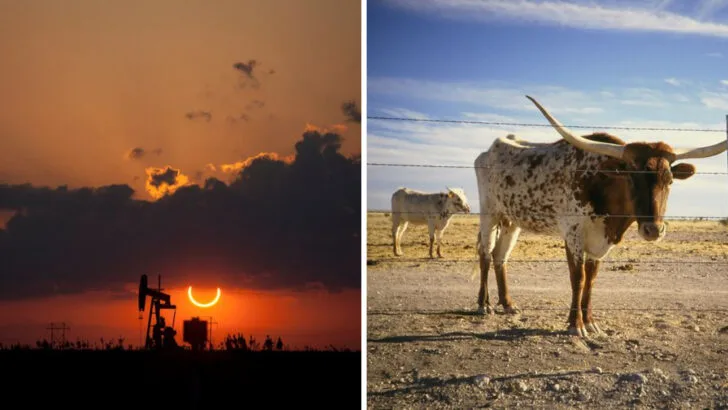Exploring daily life in the remote towns of West Texas presents a fascinating blend of tradition, self-reliance, and community spirit.
Far removed from urban hustle, these small towns offer a unique rhythm and cultural richness that shapes every aspect of life.
Through nine essential facts, this blog post delves into the heart of what makes living in these distant towns both challenging and rewarding.
Slow Pace, Strong Roots
Life in small West Texas towns moves at a slower rhythm. Unlike city life, there’s less traffic and hustle—giving people more time to connect with neighbors and enjoy the simple things.
Long-standing family ties and multigenerational living are common.
Everyone Knows Everyone
In towns with populations under 5,000, anonymity doesn’t exist. Whether you’re at the diner or the feed store, chances are you’ll see familiar faces.
Social ties run deep, and reputations matter—a lot.
Work Revolves Around Land and Labor
Many residents work in ranching, oil, wind energy, or agriculture.
Seasonal rhythms—planting, calving, harvest—shape daily life, and physical labor is often a key part of the routine, even for kids growing up.
Faith and Church as Social Center
Churches often double as the community hub, not just for Sunday services but also for potlucks, youth groups, and town meetings.
Religion plays a major role in daily values and decision-making.
Limited Access, High Self-Reliance
Grocery stores, hospitals, and even gas stations can be miles away. Locals learn to plan ahead and often fix things themselves—from truck engines to plumbing.
Amazon packages take longer, and services like Uber don’t exist.
Schools as the Heart of the Community
High school football games are major events, sometimes attracting more fans than there are students.
Teachers, coaches, and principals are well-known figures, and school pride unites the whole town.
Weather Isn’t Just Small Talk
With scorching summers, dust storms, and the occasional ice storm, weather is a constant consideration.
Locals stay tuned to forecasts because it directly affects crops, ranching, and road safety.
Quiet Evenings and Starry Skies
Without light pollution, the night sky in West Texas is breathtaking.
Life slows down after sunset, and entertainment often means backyard BBQs, bonfires, or a drive down empty roads with good music.
Community Resilience and Pride
When wildfires, droughts, or economic downturns hit, neighbors step up.
There’s a strong culture of mutual aid and pride in enduring hardships without outside help—rooted in a pioneer mentality.

